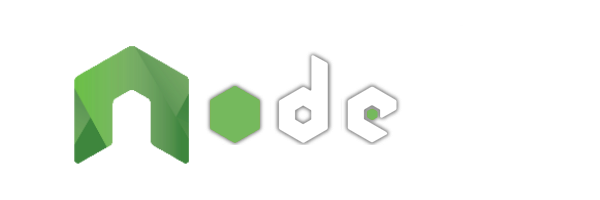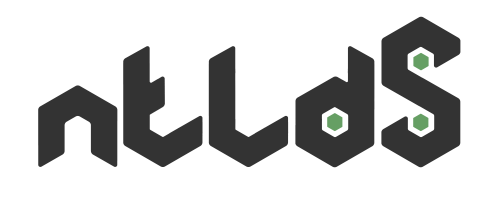The Progressive Server-side JavaScript Framework
-
Simple set-up
You know HTML & CSS?
But not JavaScript?Quickly create multilingual websites effortlessly with simple routes, views or variations.
-
Scalable website
JavaScript client-side Expert?
Ready to embrace Node.js?Gradually improve your base as you need by using controllers, models or modules.
-
Agnostic client side
Already your Front-end habits?
You use Data Binding?From Vanilla to jQuery and going through Vue, Angular or React: use your favorite tools!
Installation
Before install NodeAtlas, install Node.js, we will see this in the section : Install Node.js bellow.
Install NodeAtlas
Note: With Linux, add sudo before all commands if you're not logged with root user.
There are several ways to install NodeAtlas:
With npm, into project directory with the following command:
npm install node-atlasThis will install NodeAtlas in the « node_modules/node-atlas/ » directory of the execution of the command. Recommended for use as a module in a project
With npm, into global modules directory with the following command:
npm install -g node-atlasThis will install NodeAtlas in the global « node_modules/node-atlas/ ». Recommended for use as a module in large amount of project or for a command line utilisation.
Clone the directory from GitHub official repository.
git clone https://github.com/NodeAtlas/node-atlas.gitThis will install NodeAtlas in your local repository.
Use
npm installcommand from</path/to/>node-atlas/directory to install all dependencies. Recommended for participating to project.Download NodeAtlas from the official repository NodeAtlas.
Once downloaded, unzip NodeAtlas in the « node_modules/ » folder that will suit you.
Use
npm installcommand from</path/to/>node-atlas/directory to install all dependencies.
Install Node.js
NodeAtlas is developed as a Node.js Module Package that means it require Node.js to work. Node.js allows us to quickly and efficiently run JavaScript code outside the browser, making it possible to use the same language on both the client-side and server-side.
Note: Python 2.6 or 2.7 is required to build from source tarballs.
Install on Windows
Using a package:
Using chocolatey to install Node.js:
cinst nodejsor for full install with cinst:
cinst nodejs.installInstall on OSX
Using a package:
Using homebrew:
brew install nodeUsing macports:
port install nodejsInstall on Linux
Using a package:
Example install with apt-get:
sudo apt-get install python-software-properties python g++ make
curl -sL https://deb.nodesource.com/setup_4.x | sudo -E bash -
sudo apt-get install -y nodejsThere is a naming conflict with the node package (Amateur Packet Radio Node Program), and the Node.js binary has been renamed from node to nodejs. You'll need to symlink /usr/bin/node to /usr/bin/nodejs or you could uninstall the Amateur Packet Radio Node Program to avoid that conflict.



